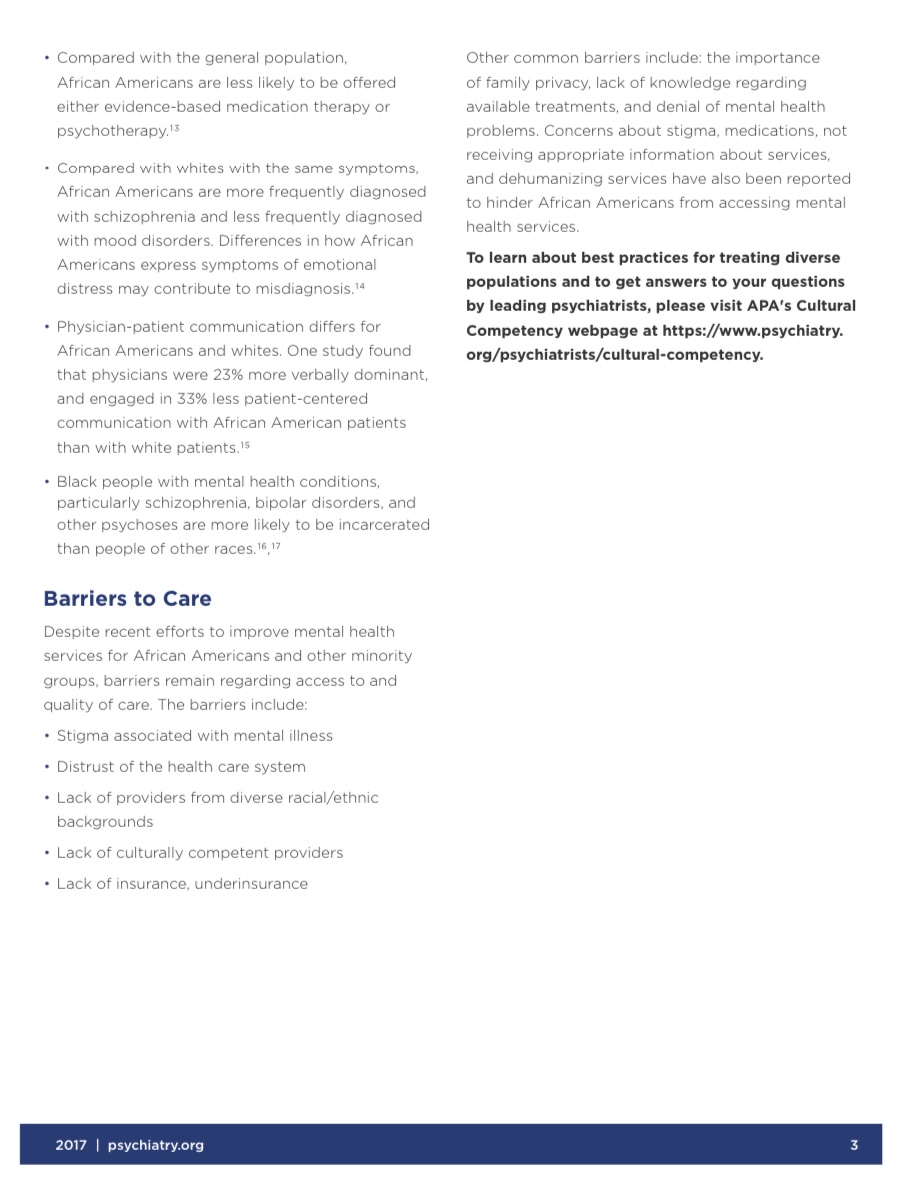It is much deeper when you are a woman; an unapologetically black woman. I have always fought the battle of loneliness and isolation. In the same breathe, I still love seeing the outside world. I love seeing the beauty of nature and traveling to different places. This didn’t change when I got my diagnosis beginning in 2017. These type of diagnosis can lead to loneliness and isolation.
On occasion, some people inquire about my semi-colon/serotonin tattoo which is prominent on my right ankle. They usually say, “I’ve seen it before on others but I don’t know what it means.” I tell them that when it comes to mental health crisis, a semi-colon represents a slight pause, and then we keep going. It isn’t a period, question mark or the end.
Some will understand and other will not. Mental health is not black and white. It varies and very difficult to diagnose. It is even more complicated when you are black because it more stigmatized in Black people than any other race. Black American adults are 20% more likely to experience mental health issues than the rest of the population. Numerous studies have been conducted over several decades that Black Americans are diagnosed at higher rates of mental and chronic illnesses. Even despite recent efforts to improve mental health services for Black Americans, barriers still remain including social stigma associated with mental illness, lack of diverse backgrounds, lack of providers in the field and not being believed in.
With this, it gets annoying when you don’t appear to have mental health issues at all to others. Some days I can have a completely good day, anxiety free, good mood, no Fibromyalgia pain and overall decent day. The next, I could have a flare-ups. Pain up and down my body, aches in those pressure points and pain in my nerves to where I want to rip them out. The worst for me is the fatigue. It can most of the day, through certain times, or all day and I receive nothing but looks and stares. Possibly even talked about.
However, the stigma of being black and even my age allows others to think it’s just a phase or I need to “chill out” or “you are too young.” No one is “too young”. This is my truth I go through and manage.
Some people in today’s society who haven’t experienced mental health issues, who self-consciously talk about “supporting” Black Americans and “supporting” mental health – use it as a stepping stones to continue to live their ignorant life of ignorant bliss and placidity. There should be no barriers to black healing and seriously eliminate the stigma overall for mental health.





Leave a Reply